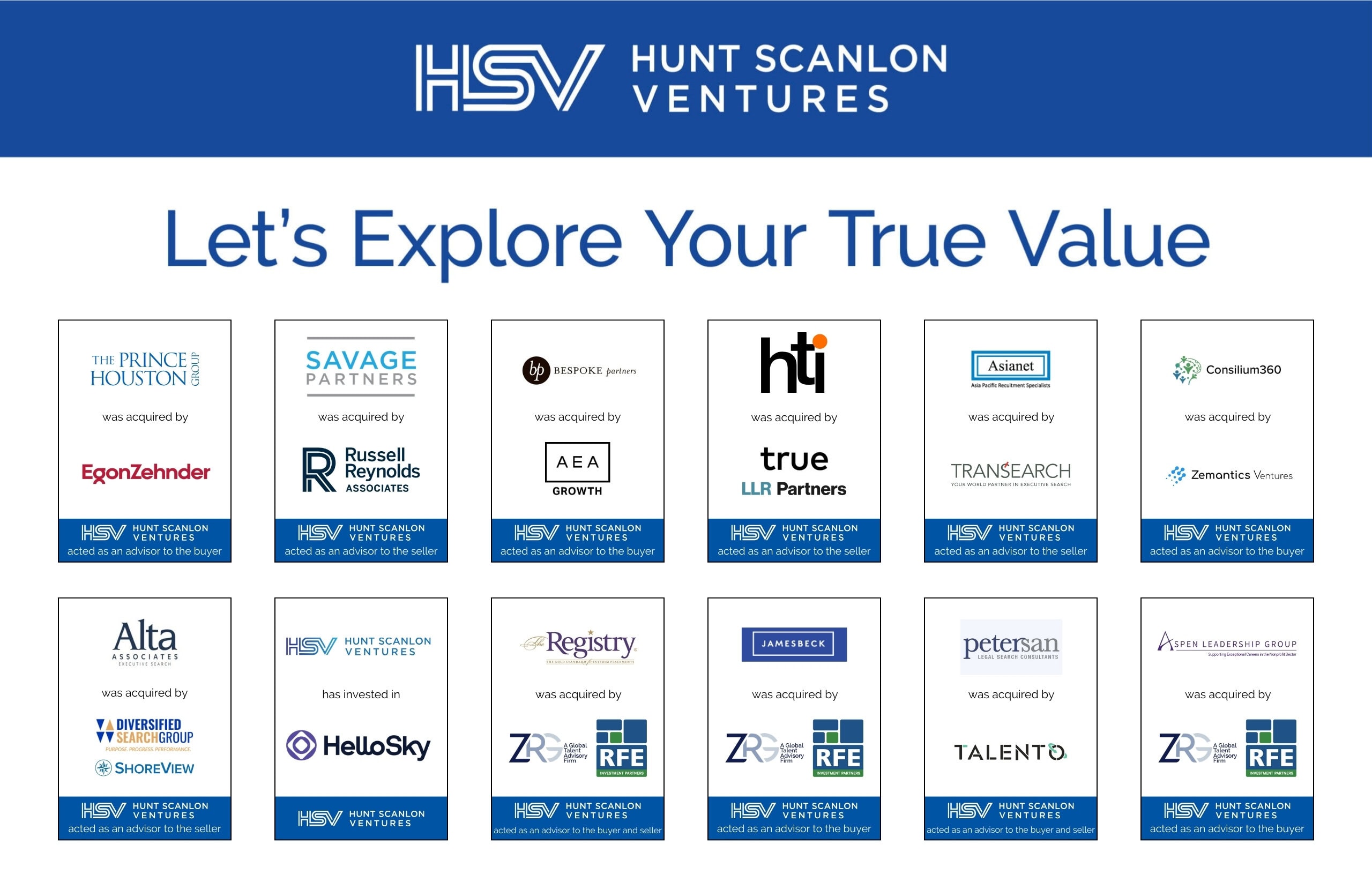As PE firms prioritize people in value creation, they are scaling their talent functions by leaning on operating partners. Drew Seaman, managing director of Hunt Scanlon Ventures, takes a closer look at how talent and technology are giving new lift to the role.
After a sluggish year for PE hiring, executive recruiters are beginning to see the pace of staffing mandates pick up across private equity. This, say search consultants, is coming at a time when the sector’s approach to talent is growing ever more complex.
According to chief talent officers at PE firms and their portfolio companies, the imperative for securing top-tier talent has never been more pronounced.
According to a newly released market intelligence report from Hunt Scanlon Media, talent recruitment was once the sole domain of these CTOs and their internal recruitment teams. Now, concludes the report, there is an evolving and growing role for operating partners in the talent equation.
No longer confined to traditional deal-making functions, operating partners are now instrumental in identifying, nurturing, and retaining top talent within portfolio companies.
“No one is better suited to integrate these innovations to optimize the talent function than operating partners.”
“Their expertise in operational optimization and strategic guidance is an invaluable asset in navigating the talent landscape,” said Drew Seaman, managing director of Hunt Scanlon Ventures. In fact, the more reason, he said, “given the individuals at portfolio companies are what ultimately leads to value realization.”
Competitive Edge
According to Mr. Seaman, it is imperative that PE operating partners and their talent teams adapt as the industry continues to embrace technological advancements, such as AI. “No one is better suited to integrate these innovations to optimize the talent function than operating partners,” he noted.
“Firms that effectively harness the power of AI and other cutting-edge technologies stand to gain a big competitive edge in talent acquisition, portfolio management and, of course, value creation,” he added.
“By recognizing the critical importance of talent, embracing the evolving role of operating partners, and prioritizing culture in talent considerations, PE firms will position themselves for success in the dynamic landscape of private equity that lies ahead,” said Mr. Seaman.
“AI integration will be a strategic pivot towards innovation and competitive differentiation. But it is AI’s adaptation to talent management that will optimize everything from how people are identified and recruited to coached, assessed, and retained.”
Talent strategy has evolved significantly for PE sponsors as they increasingly embrace talent as a critical driver of value creation, noted the Hunt Scanlon report. Not only is talent a greater priority, but PE firms are increasingly integrating talent into their overall operational strategy. Enter the operating partner.
Enter the Operating Partner
According to recruiters and PE talent leaders, operating partners play a key role in identifying strengths and weaknesses throughout their portfolio companies. But there is now a broader talent management mandate layered on top of that.
“This shift in the role of operating partners is just beginning,” said Mr. Seaman. “We believe it will be a fundamental change as time goes on.”
So, too, will the operating partner’s role in shaping the private equity sector’s approach to AI and integrating it within the talent function.
“AI integration will be a strategic pivot towards innovation and competitive differentiation,” said Mr. Seaman. “But it is AI’s adaptation to talent management that will optimize everything from how people are identified and recruited to coached, assessed, and retained,” he noted.
Enter the operating partner.
Article By

Drew Seaman
Drew Seaman is a Managing Director at Hunt Scanlon Ventures. He is responsible for co-managing the firm’s investment portfolio of executive search, talent acquisition, private equity, and investment firms. In addition to sourcing new opportunities and managing the firm’s current investments, Drew leads the technical aspects of client engagements, including valuation and financial analysis and the preparation of investment marketing materials.
Drew began his career in wealth management before joining BMO Capital Markets as an Investment Banking Associate in the Financial Institutions Group. Drew assisted with transaction execution and prepared comprehensive valuation and financial analyses for clients in the specialty finance, asset and wealth management, and insurance sectors.
Drew earned a B.A. in Economics from DePauw University, where he was quarterback on the varsity football team. He earned his M.B.A. with concentrations in Finance and Accounting from NYU’s Stern School of Business. Connect with Drew.






